Anchoring sustainability at the ZHAW
Numerous experts from all ZHAW Schools work, research and teach in the field of sustainable development at the ZHAW - in different ways and from the perspective of their respective disciplines. Sustainability is anchored in all four performance areas.
Initiatives and networks
There are various initiatives and networks for sustainable development within and around the ZHAW.
Pioneers for sustainable solutions
Numerous institutes and centres at the ZHAW conduct research in the field of sustainable development. The spectrum includes ecological, economic or social issues and topics that shape interdisciplinary discourses.
Institute for Sustainable Development (INE)

One of many examples is the Institute for Sustainable Development (INE), which looks at technological, economic and societal changes and their complex interactions from a sustainable perspective, focusing on energy systems, transport systems and risk management and technology assessment.
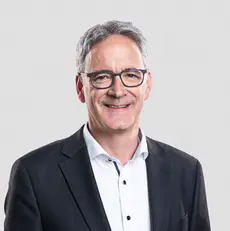
"At the School of Engineering, we develop technical solutions that have to prove themselves in the context of the sustainability strategy. With our practice partners, we develop smart and future-proof solutions for the energy and mobility transition."
Armin Eberle, Head of the Institute for Sustainable Development
Institute of Natural Resource Sciences (IUNR)
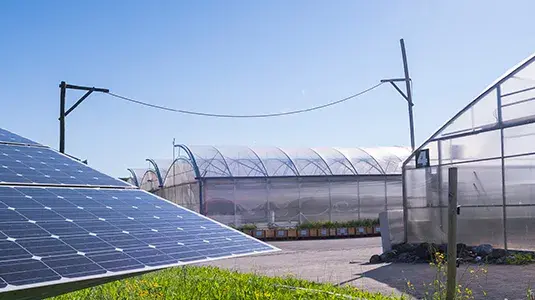
The Institute of Natural Resource Sciences (IUNR) is committed to the sustainable use of natural resources and intact habitats, trains environmental engineers and offers a diverse continuing education programme. As a pioneer in the development of sustainable solutions, the IUNR works in an interdisciplinary and science-based manner on current, socially relevant issues.
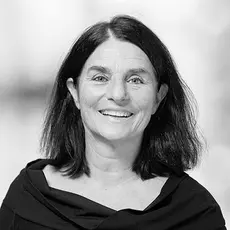
"The green spaces and cultural areas on the Grüental campus are an inspiring experiential space where sustainable learning and the transfer from knowledge to action and from research to practice are practised in real space and competences are developed for this."
Regula Treichler, Head of Teaching and Research Gardens Grüental at IUNR
Institute for Food and Beverage Innovation (ILGI)

The Institute for Food and Beverage Innovation (ILGI) carries out research and teaching in the area of food production. Important topics at the ILGI include, for example, the development and implementation of novel processing approaches to upgrading by-product streams of the food industry, or the use of resource-saving raw materials, such as alternative protein sources. In addition, the ILGI's activities play a role in more sustainable consumer behaviour. These help to avoid food waste and promote the development of ecologically, solidarity-based and economically sustainable food value creation networks.
Institute for Food and Beverage Innovation (ILGI)
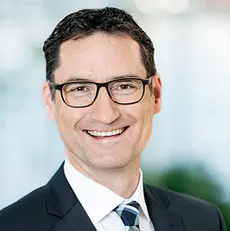
"We want to play a part in planetary health. The aim is for our food to become more valuable, i.e., more enjoyable, healthier, safer, and more sustainable. This should benefit as many generations as possible."
Michael Kleinert, Head of the Institute for Food and Beverage Innovation
Centre for Corporate Responsibility and PRME

The Centre for Corporate Responsibility develops answers to questions on corporate responsibility and sustainability management.
Center for Corporate Responsibility
PRME stands for The Principles for Responsible Management Education (PRME) is a global initiative for responsible management education based on six principles. The ZHAW School of Management and Law has also joined the PRME initiative and is involved in various activities to implement the six principles.
School of Social Work

The ZHAW School of Social Work focuses its research on six specialist areas and has proven expertise in these fields.
Focal points at the School of Social Work (in German only)
Further sustainable research fields
Research focus areas
To ensure the future viability of our society, the ZHAW promotes interdisciplinary focus areas and the transformative potential of interdisciplinary and intercultural skills at the ZHAW. With its two focus areas of Energy and Social Integration, the ZHAW has been promoting teaching and research in two key thematic areas of sustainable development for several years already.
- Research focus on Energy
- Research focus on Social Integration
Sustainability in teaching
Many study programmes at the ZHAW address ecological, economic or social issues and thus thematise sustainable development - some in individual modules, others even are a core component. In the following examples, sustainability is the focus of the study programme.
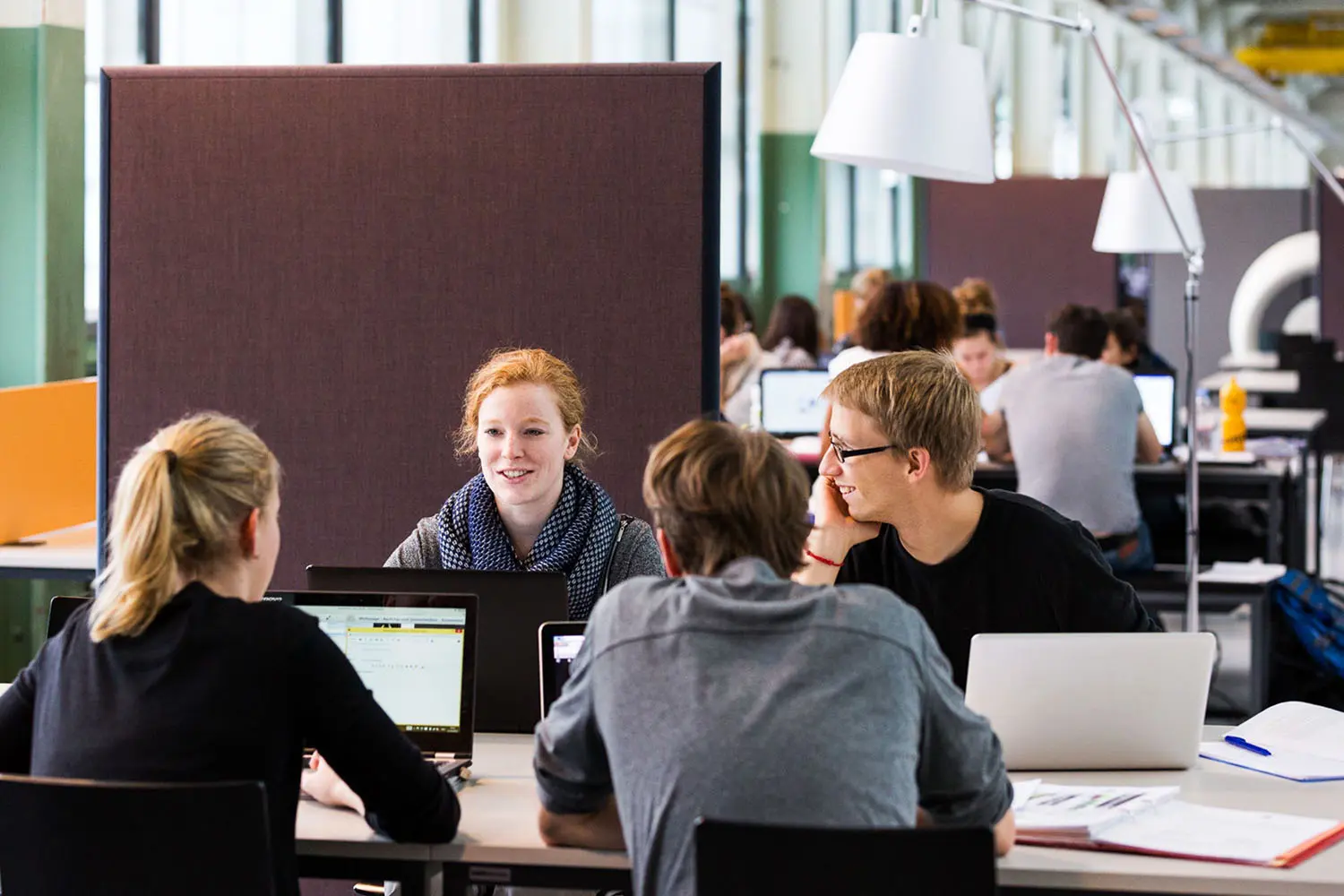
Natural Resource Sciences - From organic agriculture and nature management to renewable energies and eco-technology to urban ecosystems, this study programme covers many facets of sustainable development. Graduates later solve interesting tasks at the intersection between economic and social demands on the one hand and the requirements of precautionary land use and landscape development on the other.
Energy and Environmental Engineering - This study programme provides in-depth technical knowledge of industrial thermal processes through to electrical systems, a basic understanding of economic processes as well as sustainable development. Graduates can develop, plan and operate energy technology systems.
Social Work - This Bachelor’s study programme offers a generalist education and encompasses the practical fields of social work, social pedagogy and socio-cultural animation. Social work professionals support and accompany people in shaping their lives independently and enable them to integrate into living and working communities.
Health Promotion and Prevention - The Bachelor’s study programme provides the necessary knowledge and practices to ensure that people stay healthy. Graduates work on projects and programmes with the aim of strengthening healthy behaviours as well as health-sustaining frameworks.
Language and Integration - students learn here to support foreign-language adults in developing their German language skills. Graduates work, for example, as language course leaders, in language coaching and in language education management.
Real Estate & Facility Management - With the Master of Science in Real Estate & Facility Management, graduates contribute to the sustainability transformation of the real estate life cycle - strategically, holistically and economically.
Preneurship for Regenerative Food Systems - The Master’s programme trains professionals whose main competence lies in the design of sustainable and regenerative food and nutrition systems.
Sustainable Impact Program (SIP)
To create a culture and community of sustainable development at the ZHAW, the Sustainable Impact Program promotes selected projects by students and staff whose implementation contributes to achieving the Sustainable Development Goals (SDGs).
Sustainability in continuing education
Ecological, economic and social sustainability are the focus of a wide range of continuing education courses at the ZHAW.
The following is an overview:
All
Further education at a glance
Services for sustainable development
In addition to their mission in research and education, the ZHAW Schools also provide services. They conduct analyses and studies, develop concepts and advise authorities, organisations and companies.
The following are examples of service projects at the ZHAW:
Institute of Natural Resource Sciences (IUNR): From helpful apps for identifying grasses or tick dangers to improving the edges of forest - IUNR provides services with visible results.
Institute of Applied Psychology (IAP): The IAP supports people and organisations with psychological services such as counselling, coaching, diagnostic assessments and therapies.
Occupational Health Management (OHM) (in German only): The OHM Unit advises companies and organisations on the development of measures to improve the health of their employees.
Sustainable Finance: Sustainability is becoming increasingly important in the financial sector. Experts at the ZHAW not only teach and research, but also advise in the field of sustainable finance.
Smart City Guide: On behalf of the SFOE SwissEnergy programme, the ZHAW has summarised the experiences of some pioneering cities such as Winterthur, Pully and Zug and its own research in a guide. The result is a blueprint for the development of smart cities from A-Z.